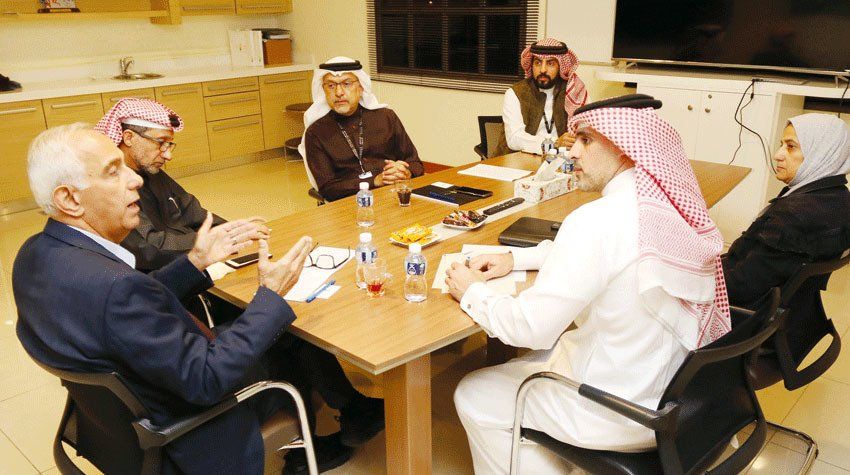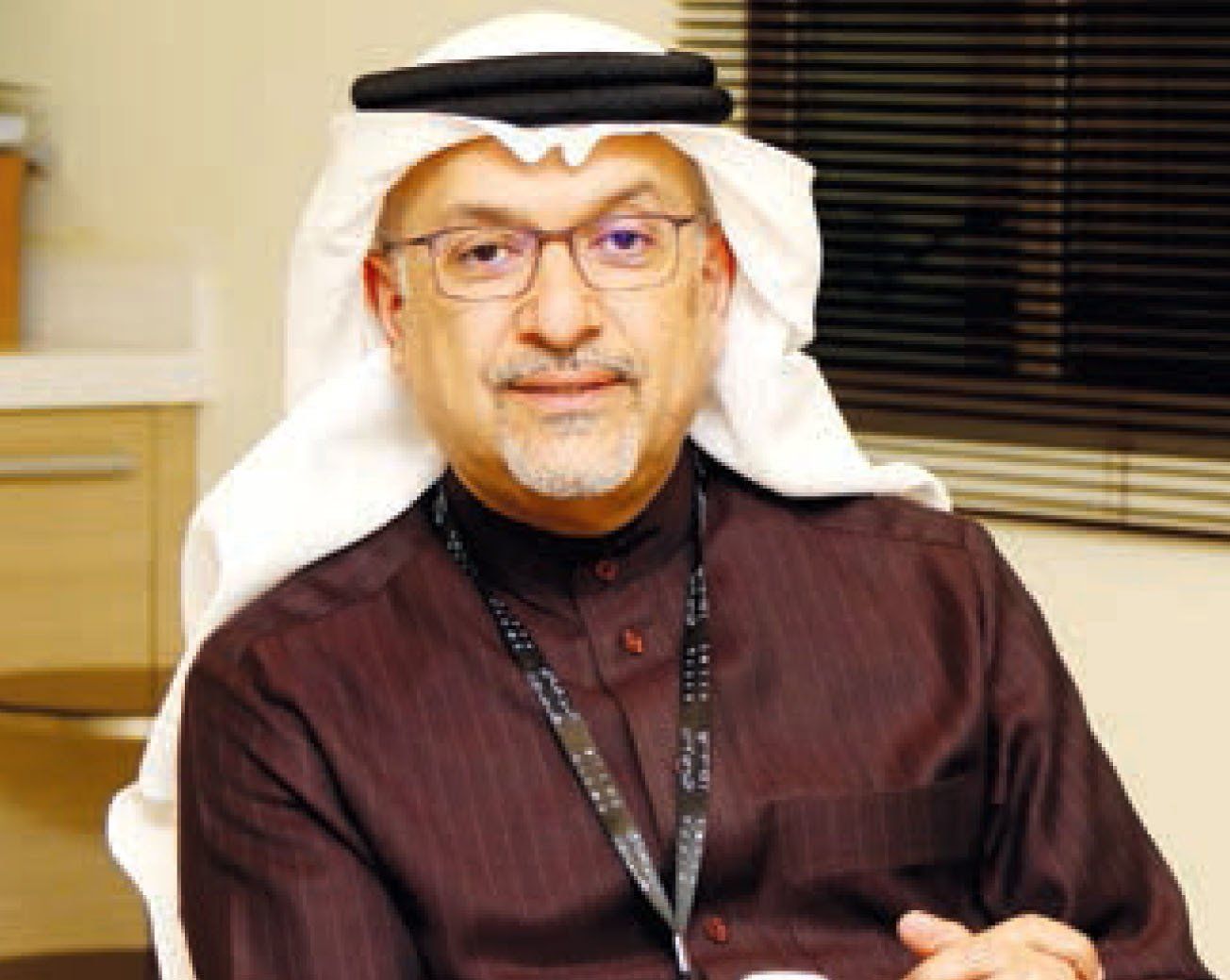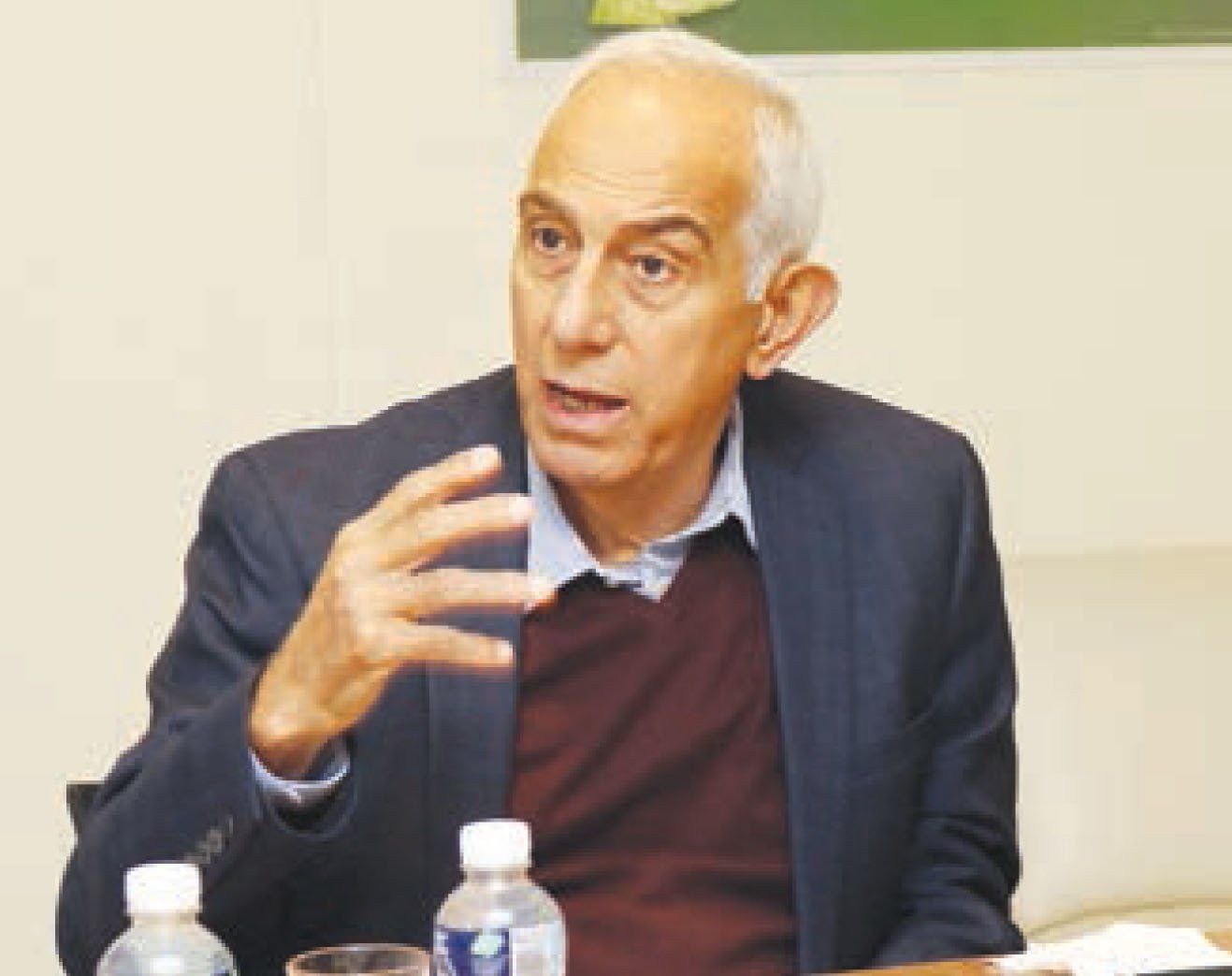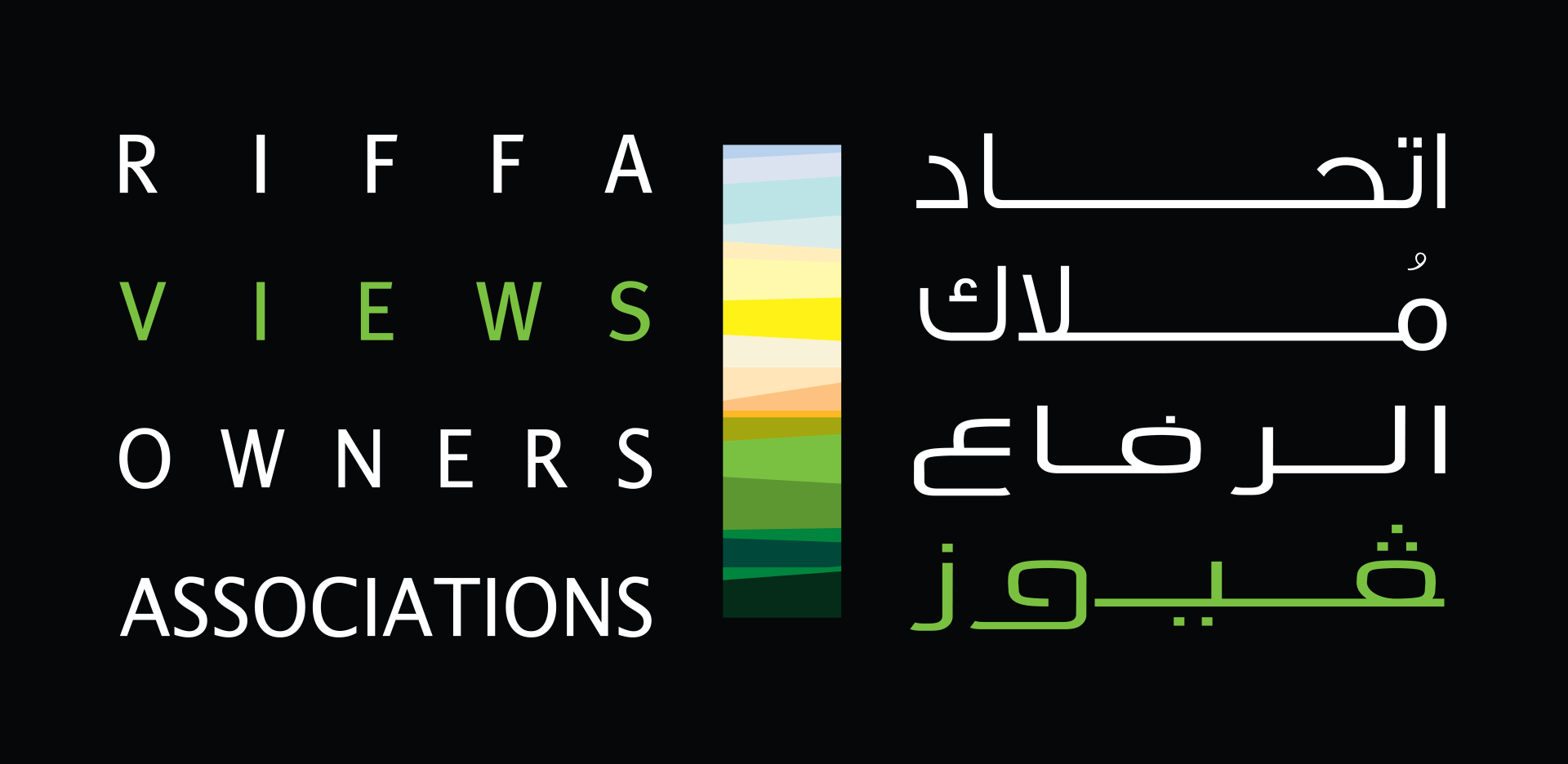Riffa Views’ experience is a role model to develop projects
January 16, 2020
Interview with (Akhbar Al Khaleej) on the 15th of January 2020

Despite the sporadic attempts made during the previous years to set up entities or groups similar to the owners’ associations, it can be said that the experience of establishing an ‘owners association’ in the true and legal sense is new in Bahrain. Before the promulgation of Law 27/2017, there had been no explicit legal framework for owners' associations in joint housing projects. Therefore, it can be considered that the actual beginning took place in September, 2019 with the entry of Resolution 7/ 2018 into force, being the first detailed legislation that regulates the owners’ associations and joint properties, and makes their establishment obligatory in joint residential real estate projects.
Hence, the Riffa Views’ experience emerges as the first response of its kind and size to the need to establish an owners’ association, in line with the provisions of Law 27 of 2017, and Resolution No. 7 of 2018. It is the first model for a horizontal project of this size after the law came into force. The Riff Views’ Owners Association (RVOA) represents the owners of 1054 villas.
Now, several months after the establishment of the RVOA, we have the right to ask the following questions: How do the RVOA members evaluate their experience? What can the RVOA add to real estate services? What is the difference between the services provided by the RVOA and those that the developer used to provide, especially the after sales ones? What are the tasks and powers that the RVOA has? Does the RVOA represent the interests of the unit owners only, or does it work to achieve the interests of all parties, including the developer, service companies, and others?
These questions were raised during a fruitful plenary discussion hosted by the “Akhbar Al-Khaleej” newspaper with the RVOA’s Board of Directors Chairman, Mazin Jumaa, Director, Yasser bin Abdulraman Al-Raee, Secretary-General, Abdulhameed Juma’a, Rapporteur, Waleed Al-Qasimi, and member, Reem Akbari.
At the outset, RVOA Director, Yasser Al-Raee, gave a historical briefing about their experience, noting that since 2012, Riffa Views has benefited from its experience in Dubai, where it owns a similar project, and began applying it in Bahrain. It started with imposing fees on residents for the services and maintenance, after the developer had been paying the operating expenses previously. Then, it started sharing the idea with the Riffa Views’ community members, and invited them to establish an elected association. Eventually, a nine-member interim committee comprising representatives of the three estates was formed. Later, the idea was developed gradually and proved its success, until the issuance of Law 27/2017.
Al-Raee added: “From the beginning, we contacted the Real Estate Regulatory Authority (RERA), and they cooperated with us greatly, through removing obstacles and providing us with the necessary legal advice, especially given the fact that the law required specific procedures for forming owners’ associations for projects that started after the issuance of the law, including the possibility of the automatic formation of associations without referring to a general assembly. Therefore, it was necessary to get legal advice to rectify our situation in accordance with the provisions of the law, and this is what actually happened. After that, we have been keen on cooperating with the RVOA to achieve the preset goals. As a matter of fact, since the beginning of the project, the Riffa Views’ Board of Directors has been keen to make sure that the RVOA becomes a source of pride for us, and that is why we have established consistent standards for quality, services and maintenance. This is what we are currently working on to achieve in cooperation with the RVOA.
Now that RVOA has been established, how would you evaluate the association’s establishment and the owners’ response?
RVOA board members: In fact, it is an excellent experience, and the vast majority is happy with the existence of such an entity, whether in the past when it was a committee or currently after the establishment of the Riffa Views Owners Association. What’s more, the law motivated many owners to participate because they saw a benefit from the previous experience and cooperation from the developer. So, the transition to Owners’ Association has been largely smooth. We benefited from the experiences of the previous interim committee headed by Dr. Abdulmajeed Al-Awadhi.
To this end, we called for holding the first meeting of the General Assembly, and we really felt that the owners had been enthusiastic to be part of the process. On December 7, the General Assembly convened and discussed many issues, needs, and budgets. The RVOA's Board of Directors was elected for two years after agreeing to reduce the number of its members to five instead of nine. Since then, the board started its work, meetings and exercising its duties in accordance with the law and the powers stipulated in it, after allocating responsibilities and electing the Secretary-General and the Treasurer.
What can an owners’ association add to any area or residential project?
We believe that it is proper to talk about how the process would be like without an owners’ association. On the one hand, we have not come with the idea, but it is already applied in many countries that have felt its great importance. On the other hand, such mega projects must have needs, demands and problems. Indeed, experiences have proven that in projects with owners’ associations, the value of their real estate increases because confidence in them will be enhanced. Moreover, the level of their services, such as cleaning, security, green areas, and others is improving. In addition, they further maintain quality standards, and are more capable of dealing with any problems or needs faced by owners. Therefore, it can be confirmed that an owners’ association is necessary if we are to develop the region, preserve rights and deal with problems in a smooth legal way. There are many examples of projects that started well, but during a period not long ago, their level deteriorated due to the lack of commitment to standards or lack of development efforts.
Moreover, the board of directors is authorised by the owners to monitor the performance of the RVOA’s Director, who is appointed by the association itself to manage the place, and the board has the authority to impose high standards of quality services. If the director fails to meet these standards, he is considered a violator, and therefore warnings can be sent to him before the appointment of another director. Also, the board of directors has the right to monitor the performance of companies with which there are agreements, through tenders, to provide various services. In case of breach of agreements, these companies can be changed. At the same time, the RVOA has the authority to monitor the owners themselves in case they violate or breach the specified standards. In all these cases, the board of directors tends to solve the problems amicably, but it resorts to courts whenever need arises.
In a nutshell, it can be said that the law on owners’ associations represents a qualitative leap and a legal framework for regulating such residential projects. It is an important tool for preserving the rights and duties of owners, and promoting communication and harmony among them. As a matter of fact, a large project such as the Riffa Views, which extends horizontally over an area of 2.7 km, including the golf course, homes, lands, services, streets, lakes, and parks that distinguish the region, needs a direct entity to develop areas and services, deal with problems and put forward solutions.
Much of the development work, services and maintenance used to be undertaken by the developer himself. What distinguishes the RVOA’s role from the developer’ in areas, such as services and maintenance?
It is true that each of the parties assumes specific responsibilities. During the sales phase, the developer may strive to develop services and improve the project in a manner that would attract buyers. However, once the developer finishes selling all the units, what would motivate him to continue these roles, and with the same quality?
In this case, the presence of the owners’ association contributes to the continuation of these services, as well as developing and improving their quality while reducing costs as much as possible. At the same time, it guarantees the development of areas, the maintenance of established standards, and the handling of problems and obstacles. All this may not be legally binding to the developer. The members of RVOA are basically the owners, and therefore they look for the best, unlike developer, who may be looking at the matter from an investment perspective. However, this does not mean that developers do not care about their projects. For example, through our experience in Riffa Views, the developer is interested in his project, because that relates to his reputation as a developer, and works to set high quality standards when establishing the project. Then, the RVOA completes this role by following the standards and ensuring their implementation, away from randomness. So, the more the developer is cooperative and transparent with the owners’ association, as is the case in the Riffa Views, and we consider it an exemplary relationship, the more developed the performance becomes, which will help achieve goals.
In brief, it can be said that both the RVOA and the developer complement each other. At the same time, the RVOA is a link between the developer and the owners.
You have focused mainly on tackling the problems that owners may face. What are the mechanisms of communication with these owners, especially in a large project such as the Riffa Views?
In fact, there are many channels and means of communication, including providing all owners with board members’ phone numbers. There is also the WhatsApp service, social media and others. Thus, the communication is direct between the owners and the members of the RVOA’s Board of Directors.
Moreover, the RVOA plays a major role in enhancing communication, whether between it and the owners on the one hand, or among the owners themselves through increasing the rapprochement among them on the other, through organising events and celebrations at events, holidays, open markets, Ghabqas and various activities. These events provide opportunities to communicate and exchange suggestions and ideas with the owners and listen to them.
In case of violations or abuses, whether by the owners or the service providers, what is the limit of the RVOA’s authority in dealing with these problems?
The law has a clear framework and elaboration of roles, which makes it easier for us to carry out our tasks. For example, it is not possible to resell any house in Riffa Views without going through the RVOA. This constituted a problem in the past, as many of the new buyers did not have enough information about the standards, regulations, fees, etc., and therefore this may be a problem. However, with the existence of the RVOA, things are becoming clearer.
In general, the law granted broad powers to the owners’ associations to deal directly with violations, and the RVOA has the authority to hold accountable, warn, and directly resort to courts, whether regarding service providers or even owners. This has reduced many procedures and at the same time contributed to avoiding many problems.
Therefore, it is proper to say that the laws established by the Real Estate Regulatory Authority are among the best in the world, according to international experts, because they have benefited from the advantages of the experiences of other countries and applied them in Bahrain.
No experience or development process is challenge-free. What are the main challenges that the RVOA has faced?
It is difficult to determine this aspect because we are still in the early stages. But, generally speaking, communication in a project of this magnitude may be the main challenge, whether in conveying the message of board of directors to owners, or in listening to the owners’ remarks.
Another challenge is to strike a balance between aspirations to develop and improve the existing services and facilities, on the one hand, and the available resources and capabilities, on the other.
Added to that, the RVOA is a new experience, and many owners still have not understood the process fully, especially with regard to fees. Some of them even consider these fees more like a tax, while we are striving to convince them that they are a mechanism to upgrade services, maintenance and facilities. The fees, which are lower than those in other countries, are calculated according to the size of the built area in each house.
Other than that, and although we did not encounter problems in establishing the RVOA, the culture of participation may still be below the expectation due to the novelty of the experience. This might require more awareness-raising efforts. Many problems may be avoided or solved by communicating with the RVOIA, the competent authority; otherwise their size and impact may increase.
Conclusion
Concluding their statement, members of the Riffa Angel Owners Association expressed hope that all projects in the Kingdom will have owners’ associations similar to the Riffa Views experience. They stressed that it was a culture that should be strengthened, given the fact that the owners’ association is necessary for developing areas, raising real estate’s value and improving services in the projects.



